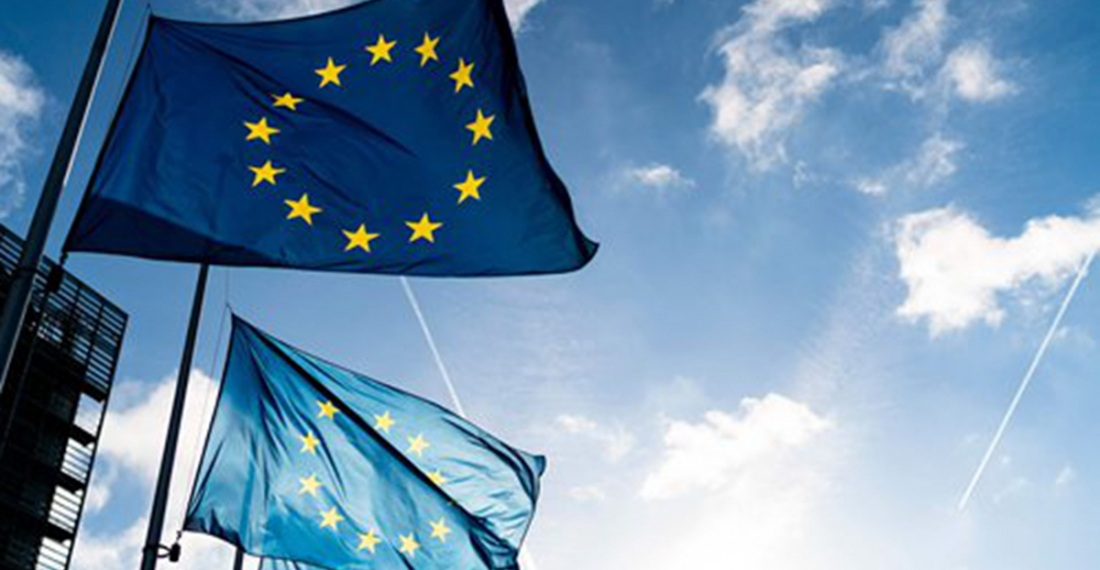The European Union (EU) yesterday (19 April) approved its new strategy for co-operation in the Indo-Pacific region – a region stretching from the east coast of Africa to the Pacific Island States – in which it must "strengthen its presence and actions" in order to "contribute to regional stability, security, prosperity and sustainable development", according to the statement. Part of the strategy involves "making further progress" towards the EU–China Comprehensive Agreement on Investment (CAI), which is still awaiting ratification after the two blocs signed it in December.
The EU is also looking to create an open and fair environment for new Free Trade Agreements with Australia, Indonesia, and New Zealand and those that have already entered into force with Japan, the Republic of Korea, Singapore, and Vietnam.
Furthermore, the strategy will "continue to explore ways to deepen economic relations with India", according to the 10-page strategy approved by the EU's Foreign Ministers, two weeks before the EU holds a summit with India on 8 May 2021.
The EU believes in the "importance of a meaningful European naval presence in the Indo-Pacific", and plans to organise more joint exercises with its partners in the region.
The EU countries also want to work together with the countries in the region in the field of health, "a crucial new area" where "the coronavirus pandemic has demonstrated the importance of multilateral cooperation". They also want to co-operate in the fight against climate change within the framework of the Paris Agreement and in the field of digital innovation.
The Indo-Pacific region represents the world’s economic and strategic centre of gravity. It is home to 60% of the world’s population, producing 60% of global GDP, contributing two-thirds of current global growth. By 2030, the overwhelming majority (90%) of the 2.4 billion new middle-class members entering the global economy will live in the Indo-Pacific.






